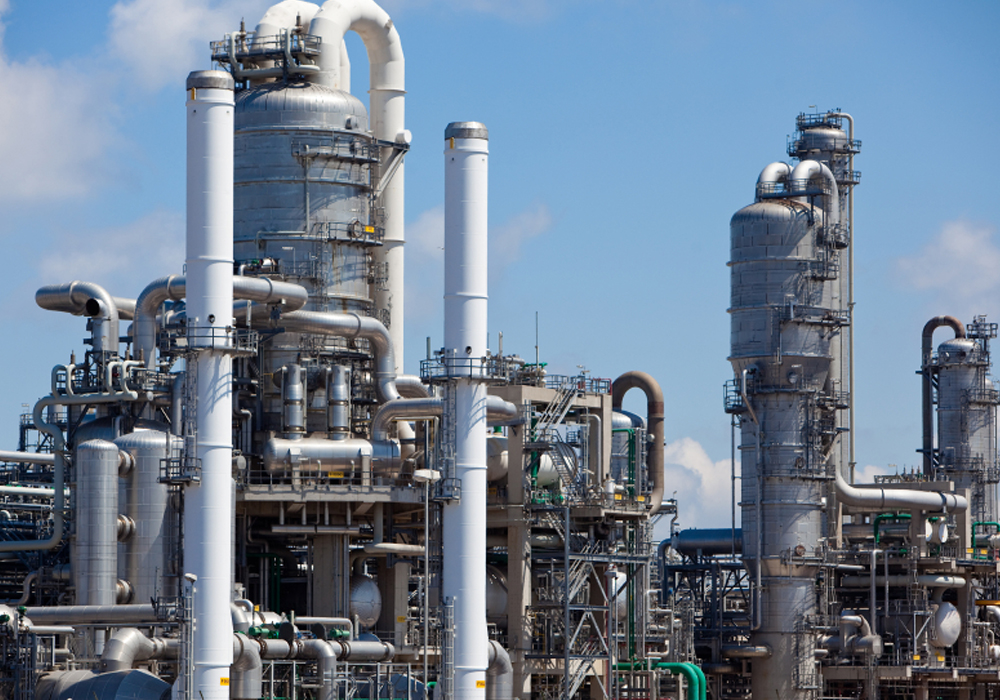Brazil ethanol market is one of the most established biofuel markets globally. Ethanol is majorly used as a transportation fuel in Brazil and is produced from sugarcane. It is widely blended with gasoline at different percentages depending upon seasonal availability. Ethanol has various advantages over gasoline such as reduced greenhouse gas emissions and lower contribution to air pollution. It is also a cheaper, renewable and domestic source of fuel.
The Global Brazil ethanol market is estimated to be valued at US$ 20.95 Bn in 2024 and is expected to exhibit a CAGR of 12% over the forecast period 2024 to 2031.
Key Takeaways
Key players operating in the Brazil Ethanol Market Size are Alibaba Group Holding Limited, Amazon Web Services, Inc., Cisco Systems, Inc., Dell, Technologies Inc., Google Llc , Hewlett Packard Enterprise Development Lp, International Business Machines Corporation, Microsoft Corporation, Oracle Corporation, And Rackspace Hosting, Inc.
The Brazil ethanol market provides various opportunities such as expansion of flex-fuel vehicles fleet, use of ethanol as a blend with gasoline and opportunities for technology providers for process optimization. Advancements in enzymatic hydrolysis and fermentation processes are making ethanol production more efficient.
Market drivers
The major driver for the Brazil ethanol market is the increase in blending of ethanol with gasoline. The country has extensive policies mandating ethanol blending to reduce dependence on oil imports and cut carbon emissions. Flex-fuel vehicles that can run on any percentage of gasoline-ethanol blend have further boosted ethanol demand. Around 90% of new vehicles sold in Brazil are flex-fuel, creating strong demand for ethanol as fuel. Investments by market players to develop superior sugarcane varieties and latest production technologies will also propel the market growth.
Current challenges in the Brazil Ethanol Market
The Brazil ethanol market is facing certain challenges currently hampering its growth. The sugarcane availability is declining gradually as the Sugarcane processors are diverting cane to sugar instead of ethanol. Logistical bottlenecks are another issue restricting the transportation of ethanol from producing mills to consumption centers. Besides, fluctuations in crude oil prices sometimes make gasoline a cheaper option than ethanol fuel, negatively impacting ethanol demand. Infrastructure related challenges like inadequate storage facilities are also there to some extent. However, the government is taking initiatives to address these problems and promote ethanol usage in the long run.
SWOT Analysis
Strength: Brazil is the second largest producer of sugarcane in the world and has ideal climate conditions for sugarcane cultivation. It also has a developed ethanol production infrastructure due to several years of experience.
Weakness: Heavy dependence on rain-fed sugarcane cultivation makes the supply vulnerable to climate change impacts. There is a lack of private investment in new technologies due to policy uncertainties.
Opportunity: Growing global demand for sustainable fuels presents an opportunity to increase ethanol exports. Advancements in cellulosic technologies can unlock new feedstock sources and scaling opportunities.
Threats: Fluctuations in oil prices make gasoline cheaper against ethanol at times. Trade barriers by other countries can restrict market access for Brazilian ethanol.
Geographical regions in Brazil
The Southeast region in Brazil accounts for over 50% of the country’s total ethanol production by value, led by the state of São Paulo. It has favorable weather conditions and hosts the majority of sugarcane mills. The Center-West region is another major producer, contributed by the states of Goiás and Mato Grosso do Sul. This region has vast available land for sugarcane cultivation.
Fastest growing region
The Northeast region in Brazil is forecast to witness the fastest growth in ethanol production over the coming years. States like Pernambuco and Alagoas are encouraging investments to boost local ethanol industries. As the regional production capacity increases through new distilleries, the Northeast region has potential to meet rising domestic fuel demand and also export to other countries.
*Note:
1. Source: Coherent Market Insights, Public sources, Desk research
2. We have leveraged AI tools to mine information and compile it



